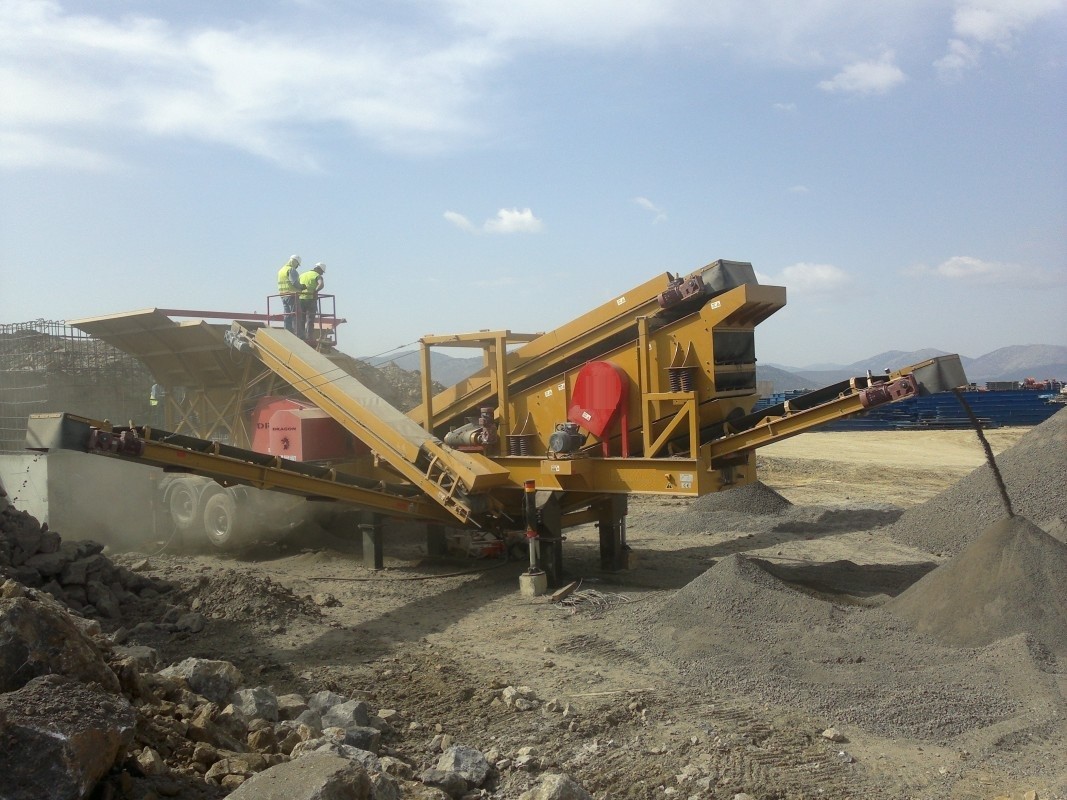Mobile crusher plants are essential machinery used in quarries, construction sites, and recycling projects. They perform crushing and screening operations on-site, enhancing project efficiency. However, several factors must be considered before making such an investment.
1. Capacity and Production Rate
The capacity of mobile crusher plants determines amount of material processed per hour. Choose based on your project size:
-
Low-capacity units (40–80 tons/hour): Suitable for small projects.
-
Medium-capacity units (100–150 tons/hour): Good for mid-size operations.
-
High-capacity units (200+ tons/hour): Ideal for large-scale industrial use.
2. Types of Crushers and Applications
-
Jaw Crusher: Best for primary crushing of medium-hard materials.
-
Impact Crusher: Ideal for softer and medium-hard materials.
-
Cone Crusher: Suitable for secondary and tertiary crushing of hard rock.
-
Tertiary Crusher: Used for fine crushing to achieve desired granule sizes.
Selecting the right type enhances productivity and minimizes operational costs.
3. Portability and Mobility
Choose between:
-
Crawler-mounted units: Better for off-road and rough terrains.
-
Wheel-mounted units: Easier to move quickly over roads.
Match mobility features with your site conditions and project logistics.
4. Electrical and Control Systems
Opt for machines with automated systems and high-quality electrical components (e.g., Siemens, Schneider). These systems simplify monitoring, fault detection, and predictive maintenance.
5. Buying Second-Hand Equipment
If considering used equipment, inspect:
-
Wear parts: Like crusher teeth, screens, and belts.
-
Structural integrity: Frame and welding points.
-
Hydraulics: Check for leaks and pressure.
-
Engine condition: Review fuel consumption and maintenance logs.
-
Service records: A well-maintained history indicates reliability.
6. Safety and Environmental Standards
Ensure the plant:
-
Has emergency stops and safety railings.
-
Meets local emission regulations.
-
Controls dust and noise effectively.
7. Manufacturer Support and After-sales Services
Verify:
-
Warranty coverage
-
Availability of spare parts
-
Training and customer support
-
Service network
8. Pricing and ROI
Consider not just the initial cost but the Total Cost of Ownership (TCO) and the Return on Investment (ROI). Analyze operating costs, expected productivity, and resale value.
 English
English
 Le français
Le français
 Türkçe
Türkçe

